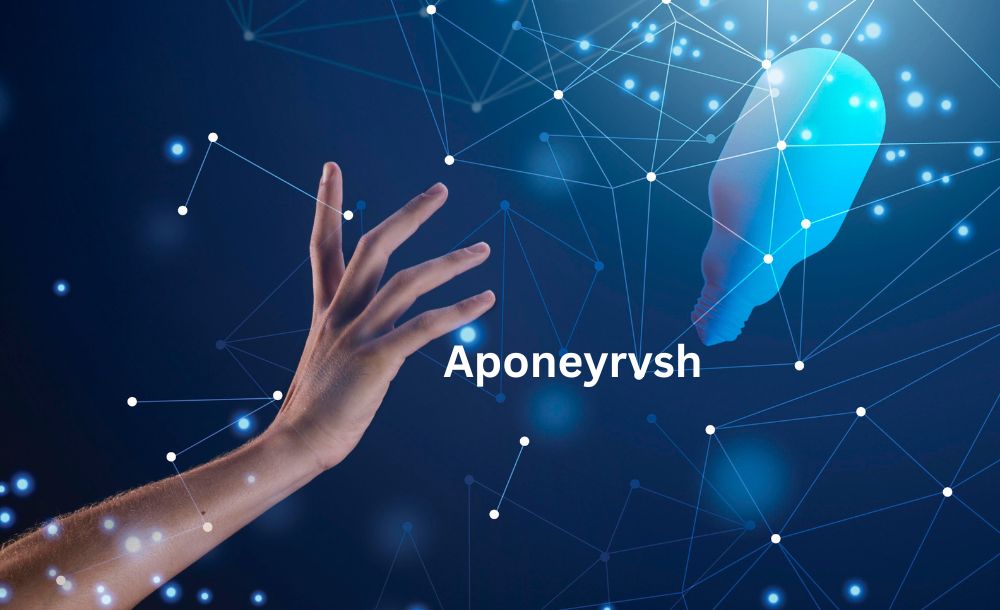Scroll through the comments section of a viral video, skim the replies to a celebrity’s tweet, or lurk in a live stream chat for long enough, and you’ll inevitably encounter a string of letters that seems to defy the very laws of spelling and pronunciation: aponeyrvsh.
It doesn’t look like a word. It doesn’t sound like a word. And yet, it holds a specific, potent meaning for a digitally native generation. So, what does it mean, and where did it come from?
The Origin: A Typo That Became a Testament
The most widely accepted origin story for “aponeyrvsh” is a classic tale of internet alchemy: the glorification of a typo. The phrase it is believed to be attempting to spell is “a pony of course.”
This phrase itself is a niche internet callback, often used as a whimsical, non-sequitur answer to a question or as a way to express endearing, if slightly silly, certainty. The journey from “a pony of course” to “aponeyrvsh” is a perfect example of how language evolves at warp speed online.
- Fast Typing: In the heat of a lively online debate or the frantic pace of a live chat, someone likely meant to type “a pony of course.”
- Autocorrect Failure (or Absence): Autocorrect, often a hindrance more than a help with quirky phrases, either did nothing or made an unhelpful suggestion.
- Embrace the Error: Instead of editing their comment, the poster (or those who saw it) found the resulting jumble of letters—aponeyrvsh—to be funny, charming, or intriguing. It was adopted not in spite of its incorrectness, but because of it.
The Meaning: More Than Just a Mistake
While its origin is a error, “aponeyrvsh” has carved out its own meaning in the digital landscape. It is used primarily as a token of agreement, support, or affirmation, but with a very specific tonal flavor.
- Whimsical Agreement: It’s a way to say “yes,” “I agree,” or “of course” that is deliberately silly and avoids the seriousness of a straightforward answer.
- Inside Joke & Community Identifier: Using “aponeyrvsh” signals that you are “in the know.” It’s a shibboleth for certain online communities, creating a sense of in-group belonging. Recognizing it means you spend time in the corners of the internet where such vernacular is born.
- Absurdist Humor: The phrase is inherently absurd. Deploying it injects a dose of randomness and surrealism into a conversation, often to comedic effect. It doesn’t need to make sense; that’s the point.
Why It Matters: The Linguistics of the Internet
“Aponeyrvsh” is a microcosm of larger trends shaping how we communicate online:
- The Power of the Typo: In the digital age, a typo is no longer just a mistake; it can be the seed of a new meme or inside joke. Errors are curated and celebrated, becoming part of a community’s shared history.
- Phonetic Abstraction: Words are increasingly divorced from their sound. Readers are expected to visually parse a string of letters and connect it to a known phrase through context and collective understanding, not pronunciation. You don’t say “aponeyrvsh”; you see it and understand its intent.
- The Speed of Language Evolution: A phrase can go from a random keyboard smash to a recognized symbol of agreement within a matter of weeks in the right online ecosystem. The internet operates on a linguistic timescale that is unprecedented.
The Legacy of the Digital Pony
You won’t find “aponeyrvsh” in the Oxford English Dictionary, and you certainly shouldn’t use it in a formal email. But its value isn’t in grammatical correctness. It represents the playful, collaborative, and endlessly creative nature of internet culture.
It is a testament to the fact that online, meaning isn’t always handed to us neatly packaged. And the punchline, of course, is a pony. Or rather, an aponeyrvsh.

